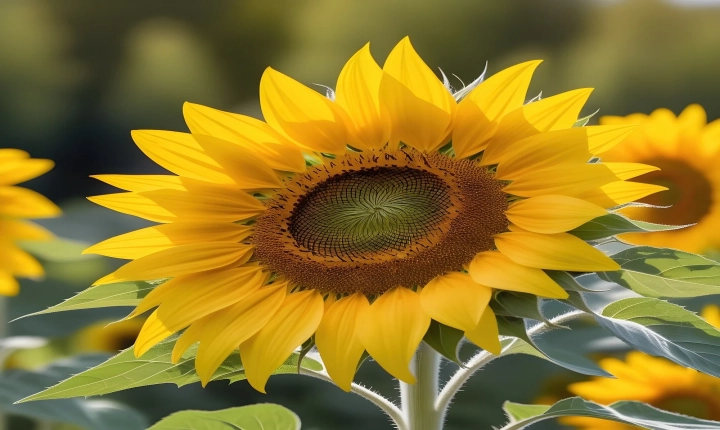Can AI Master Music?
Artificial intelligence (AI) has made incredible strides in recent years, with innovations in various fields such as healthcare, finance, and transportation. However, one area where AI’s potential remains a topic of debate is music. Can AI truly master the art of creating and performing music, a field traditionally dominated by human creativity and emotion?
The idea of AI creating music is not a new concept. Back in the 1950s, computer scientist Alan Turing suggested that, by the year 2000, computers would be able to produce music that was indistinguishable from human-composed music. While Turing’s prediction may have been ambitious for its time, AI has indeed made significant progress in the realm of music composition and performance.
AI-powered systems can analyze large volumes of musical data to identify patterns, harmonies, and structures, which can then be used to generate new compositions. For example, Google’s Magenta project has been exploring the intersection of AI and music, developing algorithms that can compose music, create new musical instruments, and even accompany human musicians in real time. Similarly, Sony’s Flow Machines has produced AI-generated music that has been released commercially.
One of the most famous examples of AI creating music can be seen in the work of the AI-based music composition platform AIVA. AIVA has been used to compose pieces for movies, commercials, and even orchestral performances. The music composed by AIVA has been so convincing that it is often mistaken for the work of human composers.
While AI’s ability to compose music is impressive, the question of whether it can truly “master” music remains open to interpretation. Critics argue that music is more than just a series of notes and harmonies—it carries emotion, cultural significance, and personal expression. The idea that a machine can authentically replicate these aspects of music seems far-fetched to some.
On the other hand, proponents of AI in music argue that the technology can be a powerful tool for human composers and artists. By leveraging AI to assist in the creative process, musicians can explore new ideas, generate inspiration, and expand their creative boundaries. Additionally, AI-generated music can provide access to new and diverse forms of music that may not have been explored by human composers alone.
Furthermore, AI has shown potential in the realm of music performance. Platforms like OpenAI’s Jukebox can generate realistic-sounding vocal and instrumental tracks in various styles, allowing for the creation of entire songs from scratch. This technology has the potential to revolutionize the music industry by enabling artists to quickly produce high-quality music without the need for traditional recording studios and large production teams.
While the idea of AI mastering music may still be a point of contention, it is clear that AI has the potential to significantly impact the music industry. From composition to performance, AI-powered systems are already demonstrating their potential to push the boundaries of what is possible in music creation.
As technology continues to advance, it is likely that AI will play an increasingly prominent role in the music world. How this evolution will be received by musicians, artists, and music lovers remains to be seen. Ultimately, whether AI can truly master music will depend on how it is integrated into the creative process and how it complements, rather than replaces, human expression and emotion in music.
